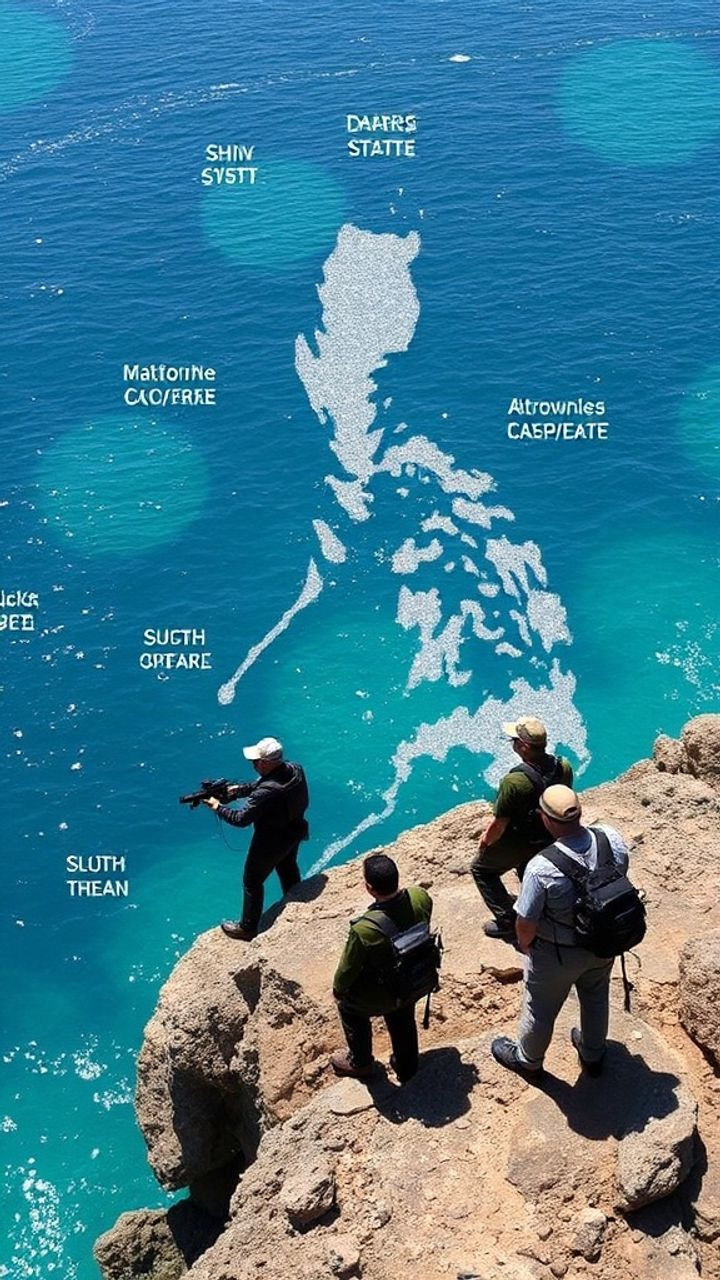
The Quest for Sovereignty Exploring Legal Action on the West Philippine Sea
The Quest for Sovereignty Exploring Legal Action on the West Philippine Sea
The Quest for Sovereignty Exploring Legal Action on the West Philippine Sea
In a bold display of national resolve, the Philippine government is taking a stand against China's aggressive activities in the West Philippine Sea (WPS). As tensions escalate and Chinese vessels encroach on Philippine waters, the country is seeking to leverage both legal and diplomatic avenues to assert its territorial rights and uphold international law. This article delves into the challenges of exploring legal action on WPS, highlighting the government's strategic approach and potential legal options.
A History of Disputes The 2016 Ruling and Its Aftermath
In 2016, the Permanent Court of Arbitration in The Hague issued a landmark ruling that invalidated China's expansive claims over the South China Sea. While the decision reaffirmed the Philippines' maritime rights, Beijing has continued to defy international law by engaging in unauthorized patrols, constructing artificial islands, and deploying its maritime militia. Despite international condemnation, China's aggressive activities have persisted, prompting the Philippine government to explore legal action on WPS.
Legal Options A Robust Response
Solicitor General Menardo Guevarra has confirmed that the Office of the Solicitor General (OSG) is working closely with key agencies to develop a robust legal response. While specifics remain confidential, experts suggest several potential legal avenues
Initiating new cases before international tribunals
Calling for an enforcement mechanism under the United Nations Convention on the Law of the Sea (UNCLOS)
Seeking advisory opinions from international courts
Diplomatic Efforts A Unified Front
The Philippine government is not relying solely on legal action. Diplomatic efforts are also underway to rally support from allies and regional partners. The Department of Foreign Affairs (DFA) has reiterated its call for strict adherence to international law and the peaceful resolution of disputes.
Recent high-level discussions with the United States, Japan, Australia, and other like-minded nations have underscored the importance of a unified stance against coercive maritime behavior. This diplomatic push aims to create pressure on China to respect international law and Philippine sovereignty.
The Power of Chutzpah A Symbol of National Resolve
In this context, chutzpah can be seen as a symbol of national resolve. The Philippines' decision to take a stand against Chinese aggression despite significant challenges demonstrates the country's commitment to upholding its rights and defending its interests. This bold display of chutzpah sends a powerful message that the Philippines will not back down in the face of adversity, but rather will continue to assert its sovereignty and protect its people.
Conclusion A Unified Approach
In conclusion, exploring legal action on WPS is just one part of the Philippine government's comprehensive strategy. By leveraging both legal and diplomatic avenues, the country can effectively counter China's aggressive activities and uphold international law. The challenges ahead are significant, but with a robust legal response, diplomatic efforts, and a display of national chutzpah, the Philippines is well-positioned to defend its interests and protect its people.
---
Keywords West Philippine Sea (WPS), Philippines, China, sovereignty, international law, UNCLOS, Permanent Court of Arbitration, Solicitor General, Office of the Solicitor General (OSG), Department of Foreign Affairs (DFA), chutzpah






